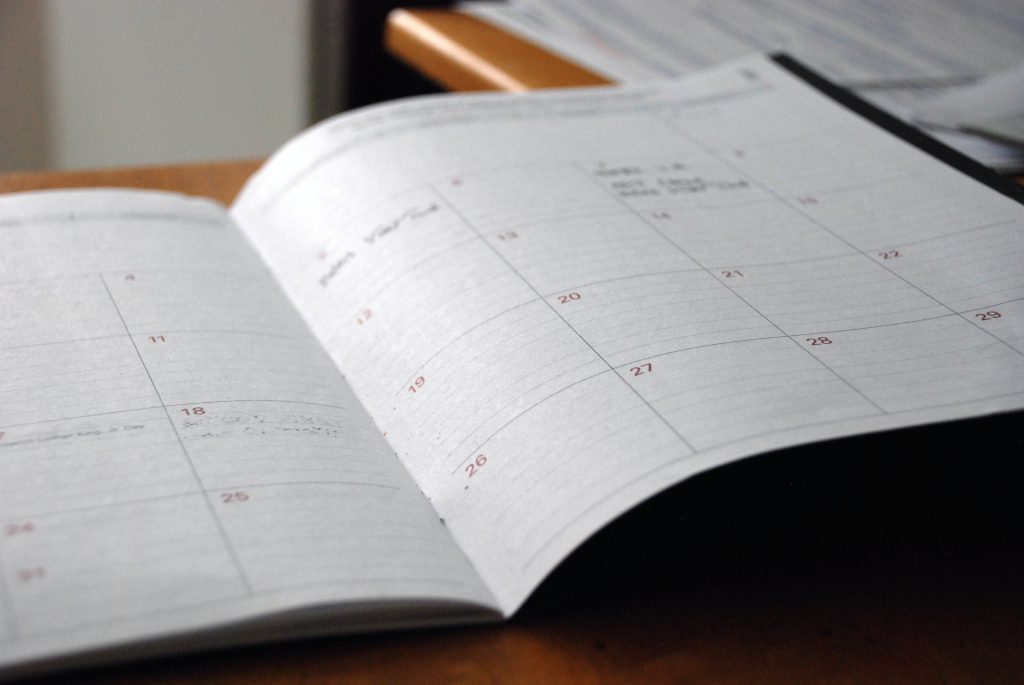Caring for Mental Wellness While Working from Home
At M&IW, a majority of our workforce is remote, so promoting positive mental health while working from home is important to us. As all remote workers have discovered, working from home comes with its own unique set of challenges, one of the greatest of which is work and life blending together. When you no longer have a commute at the end of the day to decompress and switch your brain from “work” to “home,” every day becomes a combination of desk time, laundry, more desk time, social media, trips to the kitchen, life-outside-of-work to-dos, and checking emails on your phone before bed. Forget work-life balance—work is life.
Over time, this can lead to burnout and other mental health struggles. By now, we’ve all heard that sleep and exercise are the not-so-secret ingredients to combat them, and while they are helpful, sometimes they’re just not enough. Whether that’s the case for you or you’re just looking for additional inspirational, here are some additional ways to care for your mental health while working from home.
Meal Prepping
There are so many reasons meal prepping is a great hack for stress reduction. One of the more obvious is that pre-planning meals leads to better food choices, and a healthy diet has a significant positive impact not only on physical health but also mental health.
Other reasons include:

- Taking time to slice, dice, bake, and broil once a week can be meditative. Relax, take your time, and only focus on the task at hand to help clear your mind and stop worrying.
- If you live with others, whether kids or adults, meal prepping can be a fun way to get the entire household involved and spend time together. If you have children, there’s the added bonus of teaching them a life skill while checking a task off your to-do list. Talk about a win-win!
- Pre-made meals make less of a mess throughout the week. Simply grab from the fridge, plate, heat if needed, and eat.
Taking Breaks
A recent study found that the biggest issue remote workers face is the struggle to unplug. While it may seem counterintuitive that slowing down will help you speed up, breaks have been shown to significantly boost mental wellness and productivity and to decrease burnout. They give your brain time to rest and recharge so you can return to work more focused than before.

While you might argue that watching a funny cat video at your desk can do the trick, experts agree that an effective break means moving away from your workspace altogether and, ideally, spending some time focusing on stretching and breathing.
Time Tracking and Blocking
Time tracking and time blocking help break up the workday into manageable chunks and give you a visual representation of how much you’ve accomplished. They also help with work-life balance because you can set a strict time to stop working and go offline; you can also block time to decompress and transition to a post-work mindset, creating a mental “commute” in place of a physical one.

Start with time tracking to determine the average amount of time you spend on each task, then determine when you’re most productive. Block your highest priority tasks during your most productive time frame and go from there. Don’t forget to block time for breaks!
Additional Resources
Remember that changes like these take time. Their impact can feel small at first, but you are laying the foundation for an improved remote working experience and ultimately a better outlook on your mental health.
If you experience prolonged mental health struggles, talk to your doctor or another health professional and ask them to connect you with the right mental health services. In the US, you can also call SAMHSA’s free, confidential National Helpline at 1-800-662-HELP (4357) for referrals to local treatment facilities, support groups, and community-based organizations. In the UK, you can find a local NHS mental health helpline.


